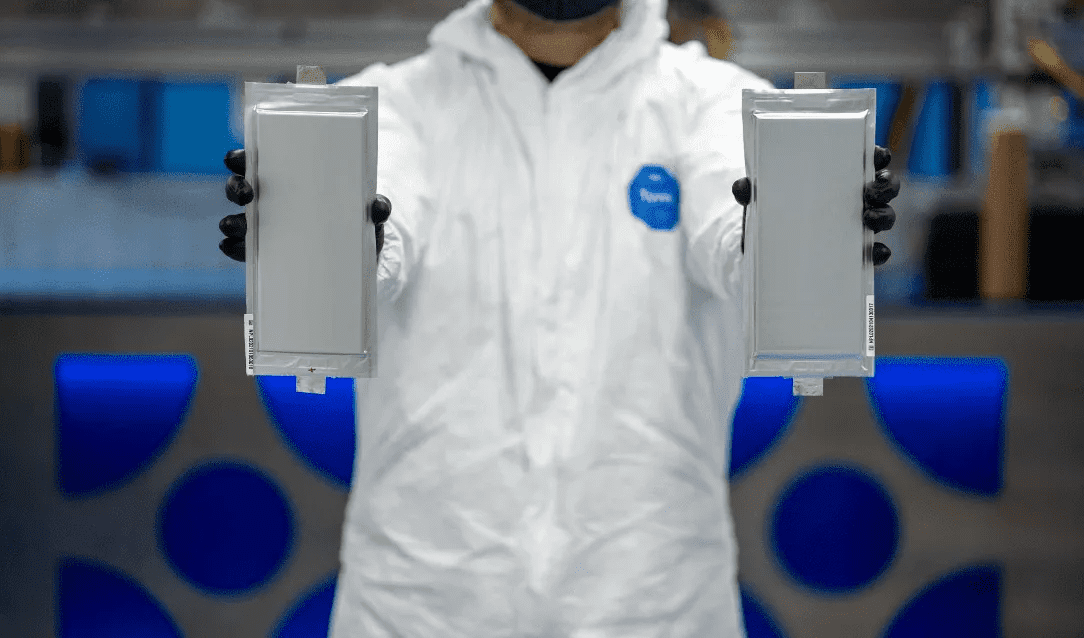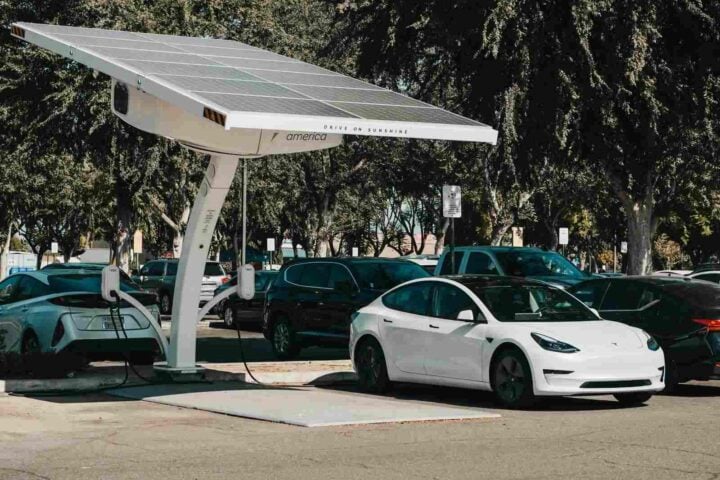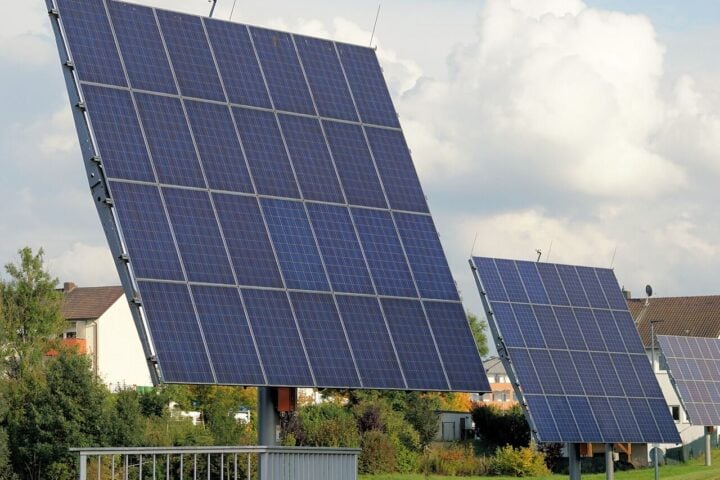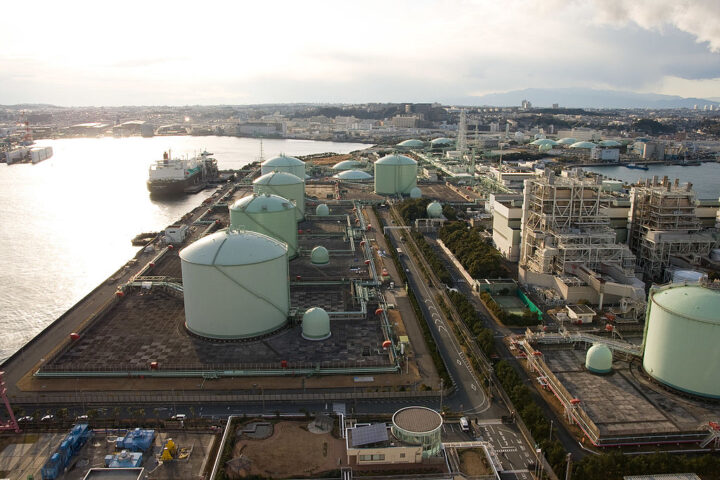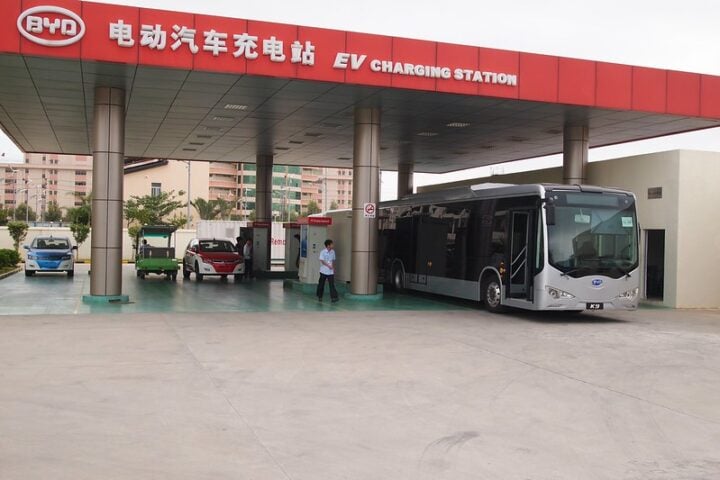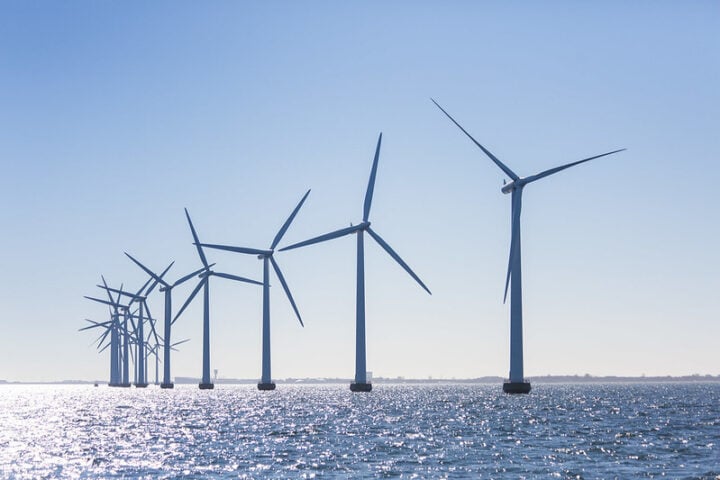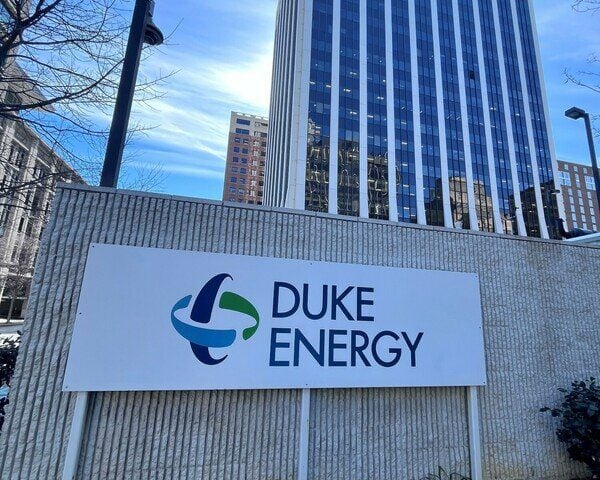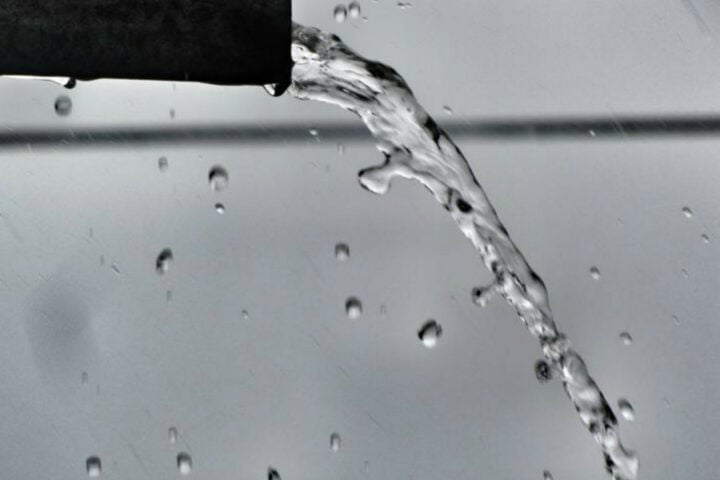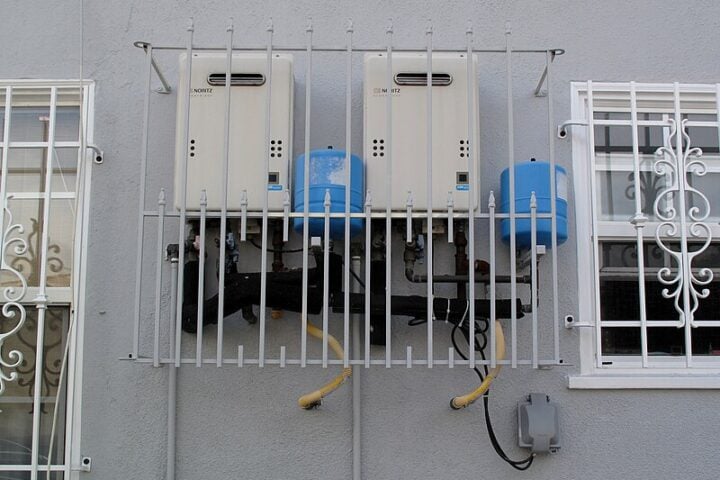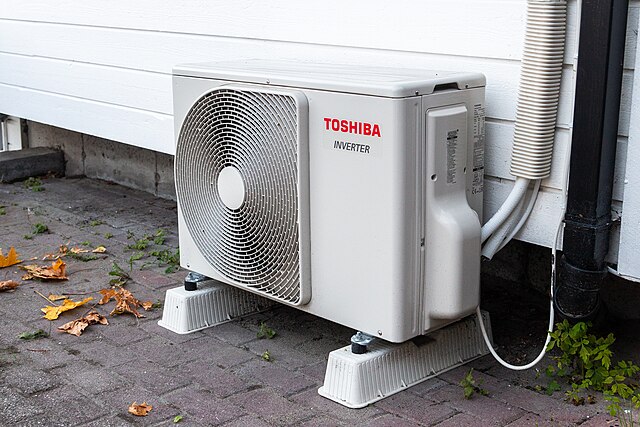BMW and battery innovator Solid Power are expanding their collaboration in the realm of solid-state battery technology. The plan is to start testing vehicles equipped with these advanced cells in 2023. The German automaker intends to boost a prototype line at its Cell Manufacturing Competence Center (CMCC) to assess the production of solid-state batteries. BMW projects that a working prototype with these batteries will be revealed by 2025, although the market launch timing remains uncertain.
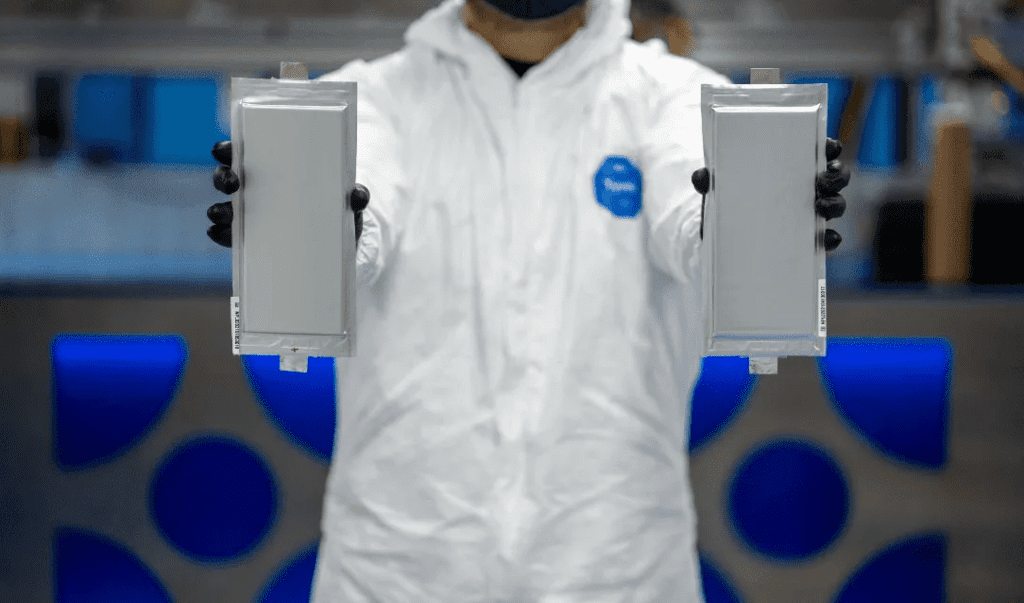
The development of solid-state batteries is a highly competitive arena, with numerous automakers and tech startups vying for the top spot. The advantages of these batteries include lighter weight and longer range in electric vehicles, among others. The race to introduce solid-state batteries in commercial vehicles is considered a crucial aspect of EV technology in the current decade, with various battery compositions being explored and efforts to bring them from laboratory to production.
Ford and BMW-backed Solid Power, is focusing on utilizing a sulfide-based solid electrolyte instead of the conventional liquid electrolyte in its battery design, with the aim of creating a lighter and higher energy density battery compared to traditional lithium-ion designs.
This week, BMW announced that Solid Power will be delivering full-scale automotive cells for testing in the near future. In addition, the two companies have broadened their joint development agreement, granting BMW the opportunity to establish a prototype line in its Cell Manufacturing Competence Center (CMCC) situated in Parsdorf, Germany close to Munich. This extension in their agreement enables BMW and Solid Power to conduct cell development and production at locations owned by both firms. Before the prototype line begins operations, BMW Group employees will collaborate with the start-up’s engineers to refine cell production methods. The automaker states that a vehicle equipped with a solid-state battery will be displayed before 2025.
David Jansen, the interim CEO, president, and chair of Solid Power, stated that the expansion of the company’s relationship with BMW is a testament to both firms’ confidence in Solid Power’s technology development and the significance of solid-state batteries. BMW announced the details of their next-gen lithium-ion cells, which will come in the form of round cells with a 46mm diameter and two heights of 95mm and 120mm. The automaker stated that these new cells will improve the volumetric energy density by more than 20% compared to their previous fifth-generation prismatic cells.
Although BMW has not specified exactly when it will incorporate solid-state batteries into its vehicles, including the Neue Klasse models, the company projects that 50% of its sales will come from battery-electric vehicles by 2030. However, it remains to be seen if these vehicles will primarily feature the automaker’s next-gen lithium-ion batteries or solid-state technology. There is no shortage of competition, as other automakers also strive to be the pioneers of this innovative technology.
Meanwhile, Solid Power has set a more definite timeline, aiming to ramp up production of its electrolyte to power 800,000 vehicles annually by 2028.
Frank Weber, a member of BMW’s Board of Management for Development, emphasized the company’s commitment to the development of all-solid-state batteries, which they see as a technology with tremendous potential for the future.
